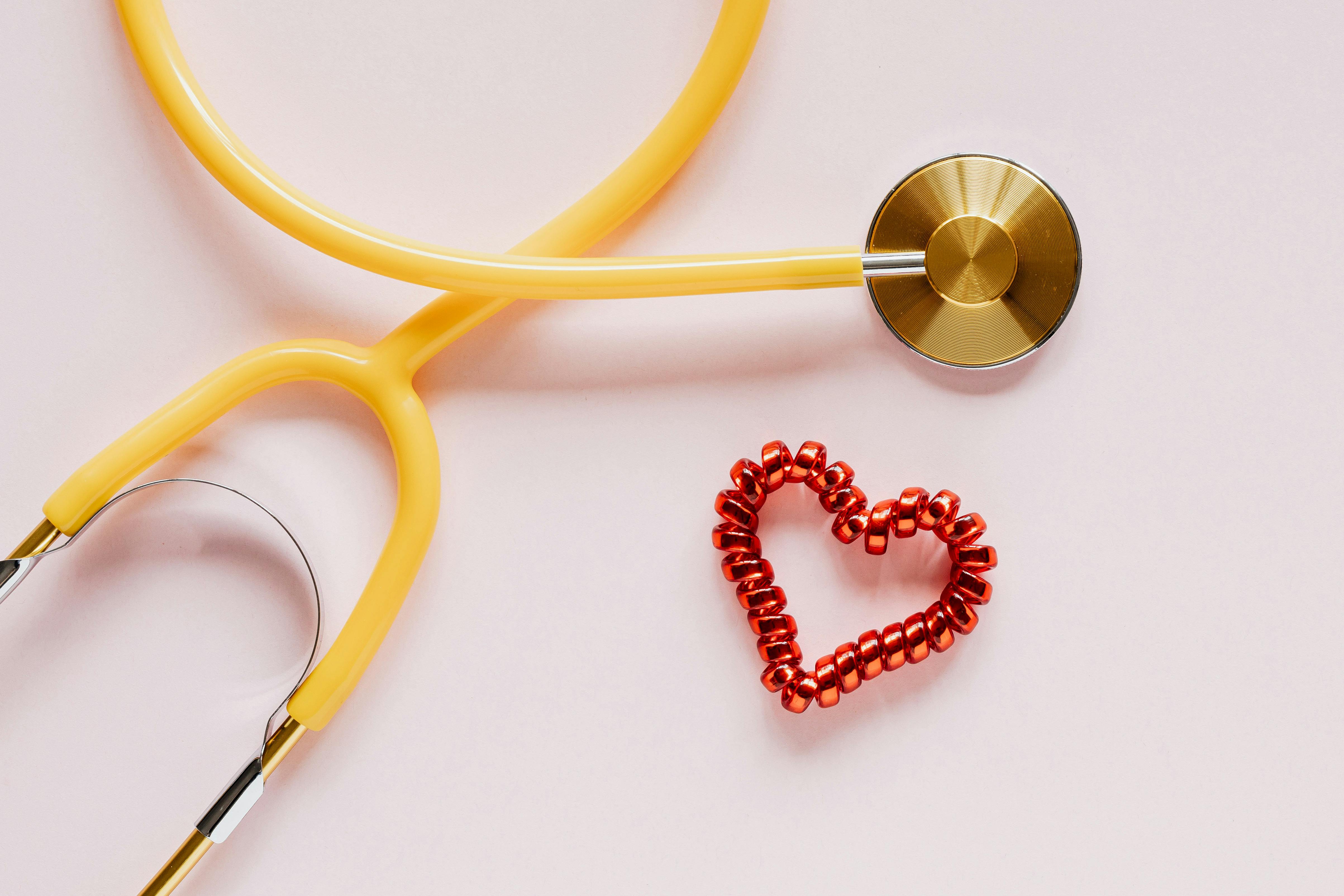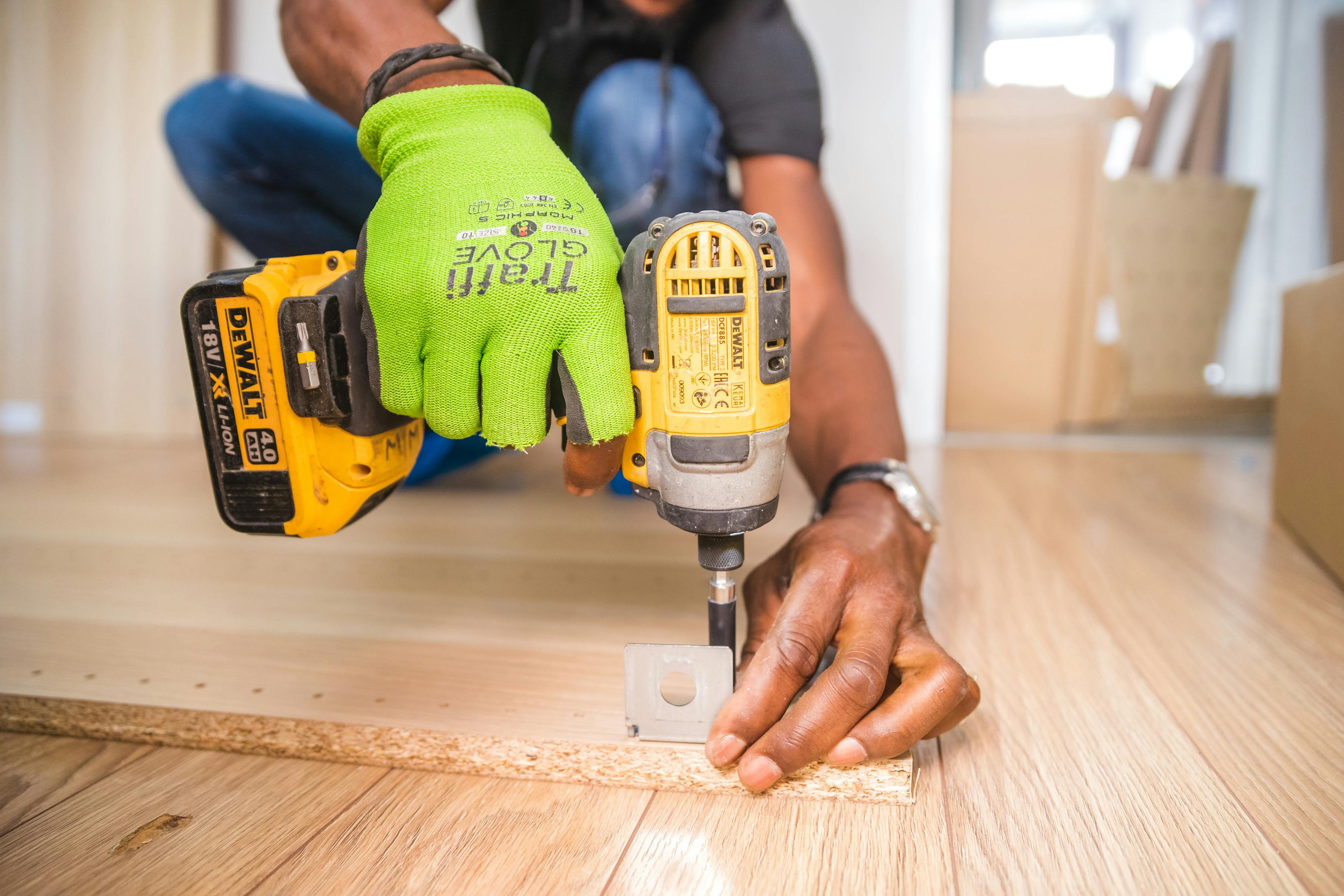
Maintaining health code compliance in commercial kitchens isn't just about passing inspections—it's about protecting your customers, staff, and business reputation. This comprehensive guide covers essential cleaning protocols that every food service establishment must follow.
Understanding Health Department Standards
Health departments across Canada enforce strict standards for commercial kitchen cleanliness. These regulations are designed to prevent foodborne illnesses and ensure safe food preparation environments. Non-compliance can result in fines, closures, or loss of operating licenses.
Critical Violations That Can Close Your Kitchen
- • Cross-contamination between raw and cooked foods
- • Inadequate hand washing facilities or procedures
- • Improper food storage temperatures
- • Pest infestations or evidence of rodents
- • Lack of proper sanitization procedures
Daily Cleaning Requirements
Food Preparation Surfaces
All food contact surfaces must be cleaned and sanitized after each use and at least every 4 hours during continuous operation.
- Cutting boards: Wash, rinse, and sanitize between different food types
- Countertops: Clean with approved sanitizer after each task
- Equipment surfaces: Disassemble when possible for thorough cleaning
- Utensils and tools: Three-compartment sink washing or commercial dishwasher
Hand Washing Stations
Hand washing stations must be easily accessible, properly stocked, and maintained throughout service. This includes hot water (minimum 38°C), soap dispensers, and single-use towels or air dryers.
Three-Compartment Sink Protocol
Wash
Hot soapy water (minimum 43°C) to remove food particles and grease
Rinse
Clean hot water to remove soap residue and remaining particles
Sanitize
Approved chemical sanitizer or hot water (77°C) for proper contact time
Equipment-Specific Cleaning Protocols
Grills and Cooking Surfaces
- • Clean and degrease after each service period
- • Remove grease traps and clean thoroughly
- • Sanitize all food contact surfaces
- • Check and clean ventilation systems regularly
Refrigeration Units
- • Daily temperature monitoring and logging
- • Weekly deep cleaning of interior surfaces
- • Monthly coil and drain cleaning
- • Immediate cleanup of spills to prevent contamination
Dishwashing Equipment
- • Daily deliming and cleaning cycles
- • Regular testing of sanitizer concentration
- • Temperature verification for wash and rinse cycles
- • Filter cleaning and maintenance
Weekly and Monthly Deep Cleaning
Weekly Tasks
- • Deep clean all equipment interiors
- • Sanitize storage areas and shelving
- • Clean exhaust hoods and filters
- • Mop and sanitize all floor areas
- • Clean and organize dry storage areas
- • Inspect and clean ice machines
Monthly Tasks
- • Professional hood and duct cleaning
- • Deep clean behind and under equipment
- • Pest control inspection and treatment
- • Water system cleaning and testing
- • Ceiling and wall deep cleaning
- • Equipment calibration and maintenance
Approved Cleaning Chemicals and Sanitizers
Chemical Sanitizers
| Sanitizer Type | Concentration | Contact Time |
|---|---|---|
| Chlorine | 50-100 ppm | 30 seconds |
| Quaternary Ammonium | 150-400 ppm | 30 seconds |
| Iodine | 12.5-25 ppm | 30 seconds |
Important Safety Reminders
- • Never mix different cleaning chemicals
- • Always follow manufacturer's dilution instructions
- • Test sanitizer concentration regularly with test strips
- • Store chemicals in original containers with proper labeling
- • Ensure adequate ventilation when using chemicals
Documentation and Record Keeping
Proper documentation is crucial for health code compliance. Inspectors will review your cleaning logs and temperature records during visits.
Required Documentation
- Daily cleaning checklists: Signed and dated by responsible staff
- Temperature logs: Refrigeration, dishwasher, and sanitizer temperatures
- Chemical concentration logs: Sanitizer strength testing results
- Deep cleaning schedules: Weekly and monthly task completion
- Equipment maintenance records: Service dates and repairs
- Staff training records: Food safety and cleaning procedure training
Staff Training and Responsibilities
Every staff member must understand their role in maintaining kitchen cleanliness. Regular training ensures consistent compliance with health codes.
Essential Training Topics
- • Proper hand washing techniques and timing
- • Cross-contamination prevention
- • Correct use of cleaning chemicals and sanitizers
- • Temperature monitoring and documentation
- • Personal hygiene standards
- • Emergency spill and contamination procedures
Professional Cleaning Services
Many successful restaurants partner with professional cleaning services for deep cleaning tasks, hood cleaning, and compliance support. This ensures thorough cleaning while allowing staff to focus on food service.
Preparing for Health Inspections
Regular self-inspections help identify potential issues before official health department visits. Use the same standards inspectors will apply.
Pre-Inspection Checklist
- • Review all cleaning logs and documentation
- • Verify all equipment is clean and functioning properly
- • Check chemical concentrations and supplies
- • Ensure hand washing stations are fully stocked
- • Confirm proper food storage and labeling
- • Test all thermometers for accuracy
Common Violations and How to Avoid Them
Inadequate Hand Washing
Prevention: Ensure sinks are accessible, properly stocked, and used correctly by all staff.
Cross-Contamination
Prevention: Use separate cutting boards, utensils, and storage areas for raw and cooked foods.
Improper Chemical Storage
Prevention: Store chemicals away from food, in original containers, with proper labeling.
Conclusion
Maintaining health code compliance requires consistent effort, proper training, and attention to detail. By implementing these cleaning protocols and maintaining thorough documentation, you protect your customers, staff, and business while building a reputation for excellence in food safety.
Remember that health codes are minimum standards—exceeding these requirements demonstrates your commitment to quality and can set your establishment apart from competitors. Regular professional cleaning services can help ensure you maintain the highest standards consistently.

Sarah Chen
Lead Cleaning Specialist, Demari Cleaning Company
With specialized training in commercial kitchen cleaning and health code compliance, Sarah helps restaurants maintain the highest standards of cleanliness and safety.


